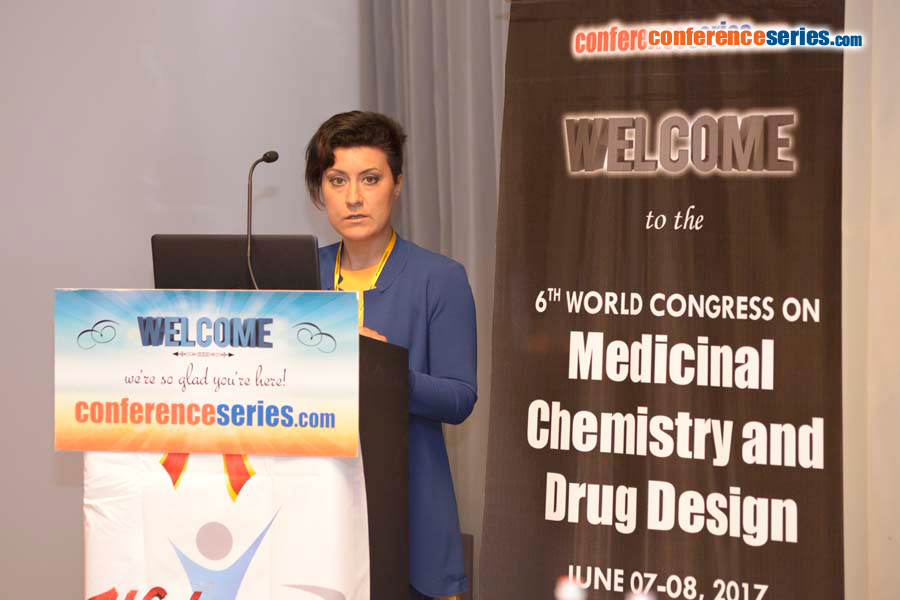
Biography
Biography: Gaia Cecchi
Abstract
Background: Hunger has often components that are conditioned by time, social behavior and sight of food. Blood glucose concentration (BG) is a biomarker of current energy availability and of hunger. Objectives: Investigating whether energy per meal reduction may allow BG to fall to low levels, when feeding behavior is (mostly) unconditioned and can be recognized.
Methods: Subjects of experimental group (trained; n = 80) were trained to ignore meal times and to pay attention to their earliest sensations of hunger or discomfort, so to measure glucose (blood glucose,BG) with glucometer for two weeks. The control group was untrained; n = 78). After 7 week, all subjects were asked to estimate their preprandial BG that was simultaneously measured through a glucose autoanalyzer.
Results: Estimated and measured glycemic values were found to be linearly correlated in the trained group (r = 0.82; p = 0.0001) but not in the control (untrained) group (r = 0.10; p = 0.40). Fewer subjects in the trained group were hungry than those in the control group (p = 0.001). The 18 hungry subjects of the trained group had significantly lower glucose levels (80.1 ± 6.3 mg/dL) than the 42 hungry control subjects (89.2 ± 10.2 mg/dL; p = 0.01). The estimation error of the entire trained group (4.7 ± 3.6%) was significantly lower than that of the control subjects (17.1 ± 11.5%; p = 0.0001). Conclusion: Patients could be trained to accurately estimate their blood glucose and to recognize
their sensations of initial hunger at low glucose concentrations


